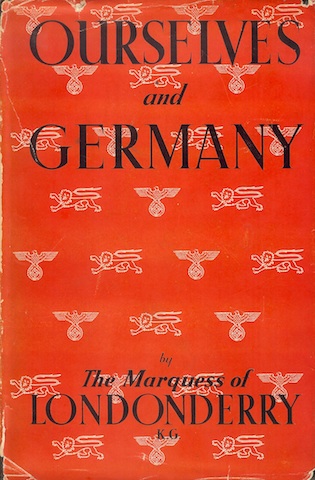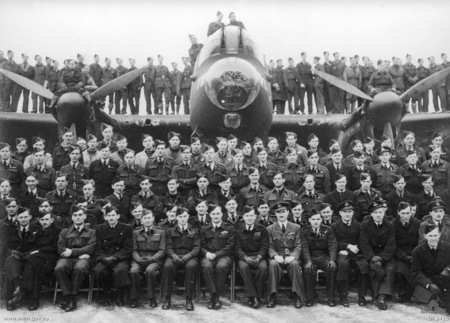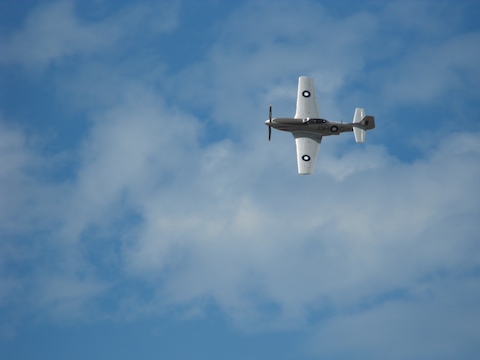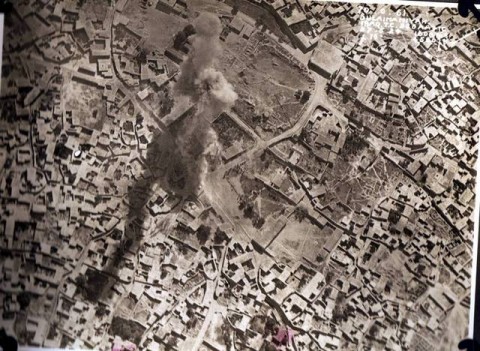Acquisitions
Patrick Bishop. Bomber Boys: Fighting Back 1940-1945. London: Harper Perennial, 2008. I liked his Fighter Boys and have been meaning to pick this up; Martin Francis in The Flyer (which is also v.g.) gave them both big props and so that was a sufficient reminder. H. G. Hartnett. Over the Top: A Digger’s Story of […]




